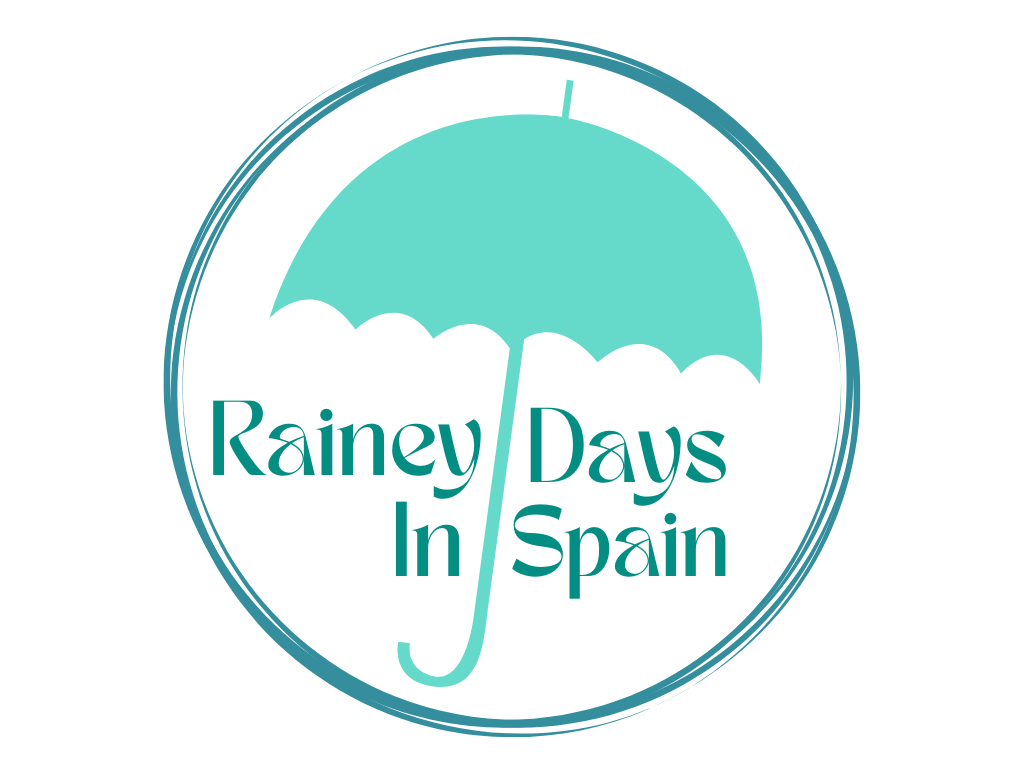Music--the same in every language?
I saw the movie Mean Girls not long ago on television here. I know, I know--it's a teenage girl movie, but I actually liked it. The main character Kady, played by Lindsay Lohan, has lived her entire life in the wilds of Africa with her scientist parents. When she is sixteen, they take her back to the States, enrolling her in a public high school. The movie is about her struggles to adapt to the unique social strata of the average high school. There is a line, early on in the film, where she explains that she is taking advanced calculus, even though she is only a junior. The two other teens she's with stare at her in horror. "You like math?" She shrugs her shoulders and says defensively, "Well, it's the same in every country."
I was naive enough to think that music would be the same in every country, as well. Obviously the words may be in different languages, but how much can notes on a page change? Music is its own language, I thought. Surely, if one can read music, it shouldn't be that hard!
Yesterday I auditioned for a production that the youth group of my church is doing. It is a very dramatic play about the race riots that occurred in France in Nov. 2005. Between acts, there will be different songs that fit with the general theme of each act. My friend Chichi, always trying to get me more involved, suggested I audition for the music part, since my accent wouldn't work well for any acting role (hmmpfh). I agreed to try out (more of a formality, really) and showed up yesterday, thinking I would sing, and see what happened.
What happened was me standing around for an hour with my mouth open (attractive!) while I tried to figure out what on earth they were talking about. First we sang scales and then, one by one, we sang scales alone so the music director could evaluate the strength and accuracy of our voices. That wasn't so bad--scales are scales. But then he started talking about the songs they've picked and "voices" and it took me a while to realize he meant harmony. "Here is where the second voice comes in, and on this section here, we will have three voices." I thought he meant two people singing and then three people singing. But no, it means 2 or 3-part harmony.
I learned that in French, notes aren't named with alphabet letters. There is no "middle C." Like Julie Andrews, the French use "do, re, mi, fa, so, la, ti" as the names of the notes. (I almost walked out at that point.) I learned lots of other useful stuff, and for the most part, I muddled through. The other sopranos were kind enough to ask occasionally if I understood everything, and I would nod, but I'm sure I still looked a bit confused. The general consensus of the group, while watching me and glancing at each other, seemed to be "At least she can sing." So, I'm officially part of the production now, although I have yet to see exactly how I'm to be involved.
I was naive enough to think that music would be the same in every country, as well. Obviously the words may be in different languages, but how much can notes on a page change? Music is its own language, I thought. Surely, if one can read music, it shouldn't be that hard!
Yesterday I auditioned for a production that the youth group of my church is doing. It is a very dramatic play about the race riots that occurred in France in Nov. 2005. Between acts, there will be different songs that fit with the general theme of each act. My friend Chichi, always trying to get me more involved, suggested I audition for the music part, since my accent wouldn't work well for any acting role (hmmpfh). I agreed to try out (more of a formality, really) and showed up yesterday, thinking I would sing, and see what happened.
What happened was me standing around for an hour with my mouth open (attractive!) while I tried to figure out what on earth they were talking about. First we sang scales and then, one by one, we sang scales alone so the music director could evaluate the strength and accuracy of our voices. That wasn't so bad--scales are scales. But then he started talking about the songs they've picked and "voices" and it took me a while to realize he meant harmony. "Here is where the second voice comes in, and on this section here, we will have three voices." I thought he meant two people singing and then three people singing. But no, it means 2 or 3-part harmony.
I learned that in French, notes aren't named with alphabet letters. There is no "middle C." Like Julie Andrews, the French use "do, re, mi, fa, so, la, ti" as the names of the notes. (I almost walked out at that point.) I learned lots of other useful stuff, and for the most part, I muddled through. The other sopranos were kind enough to ask occasionally if I understood everything, and I would nod, but I'm sure I still looked a bit confused. The general consensus of the group, while watching me and glancing at each other, seemed to be "At least she can sing." So, I'm officially part of the production now, although I have yet to see exactly how I'm to be involved.
